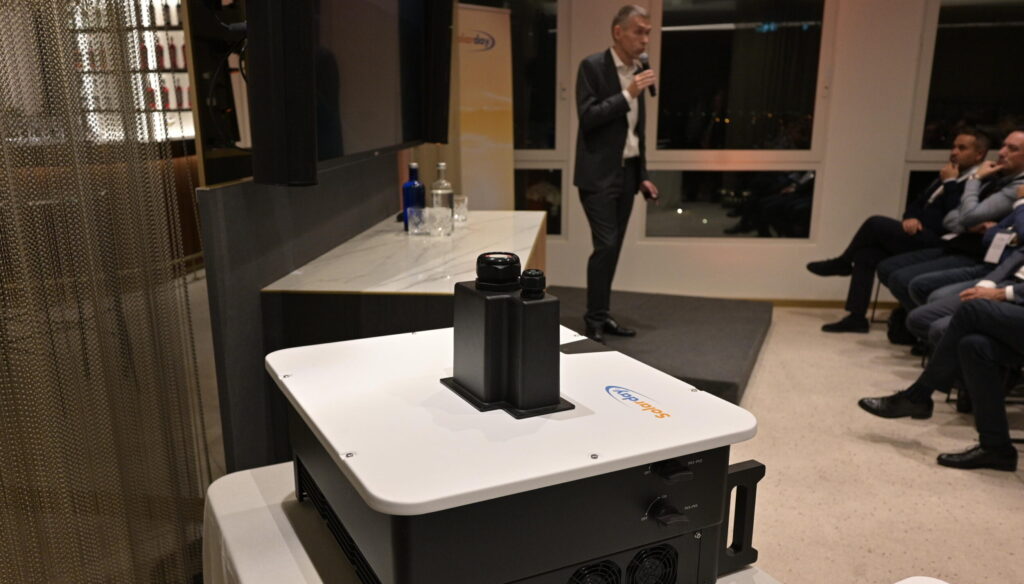From pv magazine Italy
Solarday, a Milan-based manufacturer of EU-branded modules, is undergoing a corporate reorganization and is redefining its business plan. According to the new business strategy it presented this week, there will be a focus on customer services and participation in direct investments for the realization of PV systems, with the Italian and international pipeline now being defined.
“We will participate directly as financiers of medium- to large-scale projects,” said Marco Vergani, Solarday’s sales and marketing director.
He told pv magazine that the company wants to work with the supply chain and possibly replace investment funds. Solarday will also participate in projects that use branded products through capital injection and equity.
The company said it has already entered into joint venture, co-development and joint implementation project agreements in Italy and abroad.
“Solarday will enter the SPV's equity up to 20%, as for the remaining financing needs the company will use different types of financial instruments that will differ based on the type of project,” Christian Ciliberto, Solarday's COO and CFO, told pv magazine Italy.
Prices for PV modules are at unprecedented levels despite raw material costs in China stabilizing. Panel manufacturers must adapt and remain flexible, and anticipate unexpected developments, said Vergani.
“Right now we are experiencing a period of overstock. We are getting good results because we have focused on the production of revamping modules, for powers from 230 to 290 W that almost no one is producing nowadays,” he said. “And that unfortunately has become very useful at this time, especially following the weather events of the last few months.”
Solarday is also launching its own branded inverter portfolio. The new range of inverters will be hybrid, battery-equipped models manufactured by an unidentified inverter supplier in Asia, to specifications defined in Italy. Vergani only said that the supplier is one of the world's nine major inverter manufacturers.
The new series of inverters aims to cater to four main market segments. Eris is a single- and three-phase hybrid residential line, ranging from 3 kW to 12 kW, while Vega is an Eris-compatible storage solution consisting of low- and high-voltage battery modules with storage capacities up to 80 kWh.
Jupiter is the company's classic inverter line for commercial applications, with sizes ranging from 20 kW to 36 kW, with the hybrid version launching in 2024. Mars is the line for commercial and industrial applications, with sizes of 50 kW, 100 kW and 110 kW.
However, the company's new commercial and industrial strategy requires new funds.
“The company has changed from Srl to Spa because it is looking for major investments to be able to expand the production part,” said Vergani.
Solarday, which was founded in 2004, was taken over by new owners in 2014. According to its current management team, the company has experienced “significant growth” since then.
This content is protected by copyright and may not be reused. If you want to cooperate with us and would like to reuse some of our content, please contact: editors@pv-magazine.com.



By submitting this form you agree to pv magazine using your data for the purposes of publishing your comment.
Your personal data will only be disclosed or otherwise transmitted to third parties for the purposes of spam filtering or if this is necessary for technical maintenance of the website. Any other transfer to third parties will not take place unless this is justified on the basis of applicable data protection regulations or if pv magazine is legally obliged to do so.
You may revoke this consent at any time with effect for the future, in which case your personal data will be deleted immediately. Otherwise, your data will be deleted if pv magazine has processed your request or the purpose of data storage is fulfilled.
Further information on data privacy can be found in our Data Protection Policy.